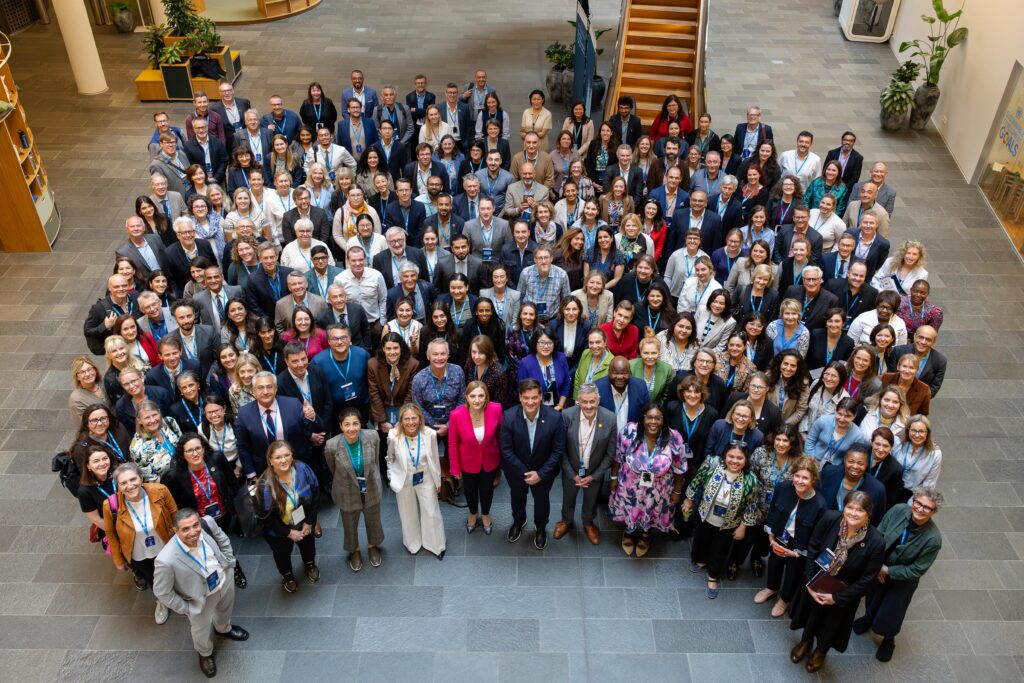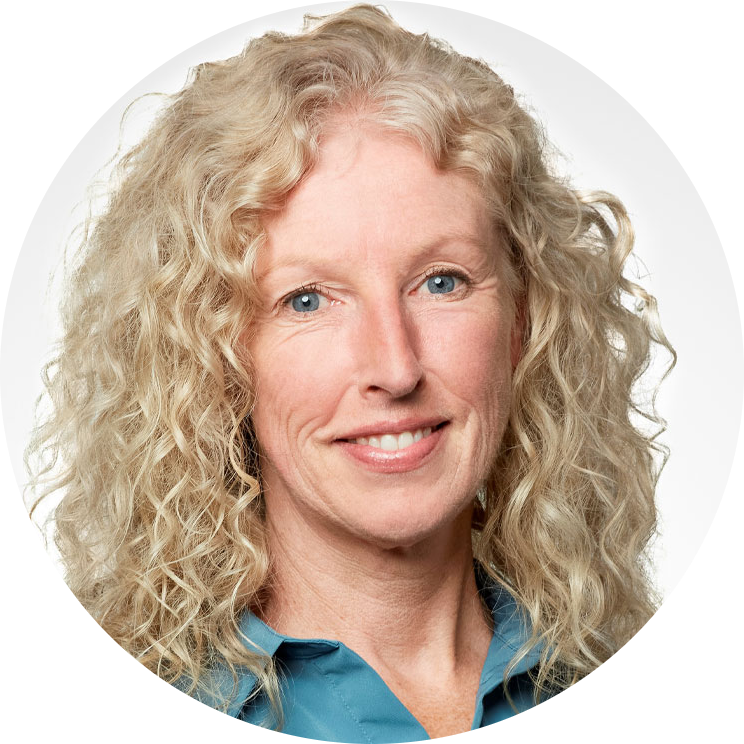
Health Workforce Canada was honoured to join in the World Health Organization (WHO) – European Region three-day event (April 28-30, 2025) focused on health workforce planning and policy. Countries from around the world participated in interactive workshops designed to identify common challenges and innovative solutions with respect to data, modelling and planning with an eye to strengthening health workforce policies for tomorrow.
A few things were clear right from the start. First, countries want to learn from one another to solve common health workforce challenges. Second, progress is being made, and innovative solutions are being deployed in all corners of the world. Third, Canada’s opportunity to participate in this collective learning is welcomed.
Health workforce challenges are certainly not unique to Canada. Worker shortages, safe work environments, educating and upskilling workforce, retention and recruitment incentives, rural and remote care delivery, interprofessional models of care… and the list goes on… are issues that every country is facing. The lessons emerging from these international discussions can serve to optimize collaboration between countries, reduce duplication of effort, and streamline opportunities for success. Collaboration is the best way, if not the only way, we’ll optimize the global health workforce for tomorrow.
The WHO event opened with a message from Hans Kluge, Regional Director of the WHO, Europe. He spoke about the reality of aging and increasingly complex populations around the globe. He pointed out that all countries face health workforce challenges to meet the growing demands of tomorrow. From shortages to efficiencies to job strain, he laid down a clear-eyed challenge for us all. We need to bring fresh thinking and new vision to address these realities in a way that underpins transformative system change that endures over time. The gauntlet was thrown down, clearly no small task, but the meeting participants seemed prepared to take up the challenge.
The next three days were filled with discussions focused on identifying our common issues and challenges and talking through exciting innovations, honest discussions and learnings. We recognized that we needed to reframe our old ways of thinking. We saw the need to look beyond the usual voices and the usual industries to understand the real problems and find the novel solutions. We discussed the need to plan with new vision and pull multiple levers to get there. We acknowledged the need to learn to be bold, to fail fast, and course-correct quickly. And above all, we saw the need to collaborate. These were the key ingredients identified for our success.
The lessons we covered off were substantial, too many to review in one post. So, over the next few weeks, I’ll unpack some of these insights based on what I took away from the WHO meetings in Copenhagen. My goal will be to share ideas that can help reframe our thinking and change the strategic health workforce narrative. I look forward to sharing some of these emerging concepts and hearing your thoughts about how they can apply in the Canadian context.
Please, stay tuned for:
- Solutioning and Planning through Complexity: Tackling multiple problems in tandem within complex adaptive systems
- Looking Beyond our Usual Horizons: Listening to all voices and looking to industries beyond healthcare
- Embracing Digital: Exploring how digital and AI serve as strategies for HHR system transformation

Insights and reflections from Deb Cohen, COO, Health Workforce Canada
